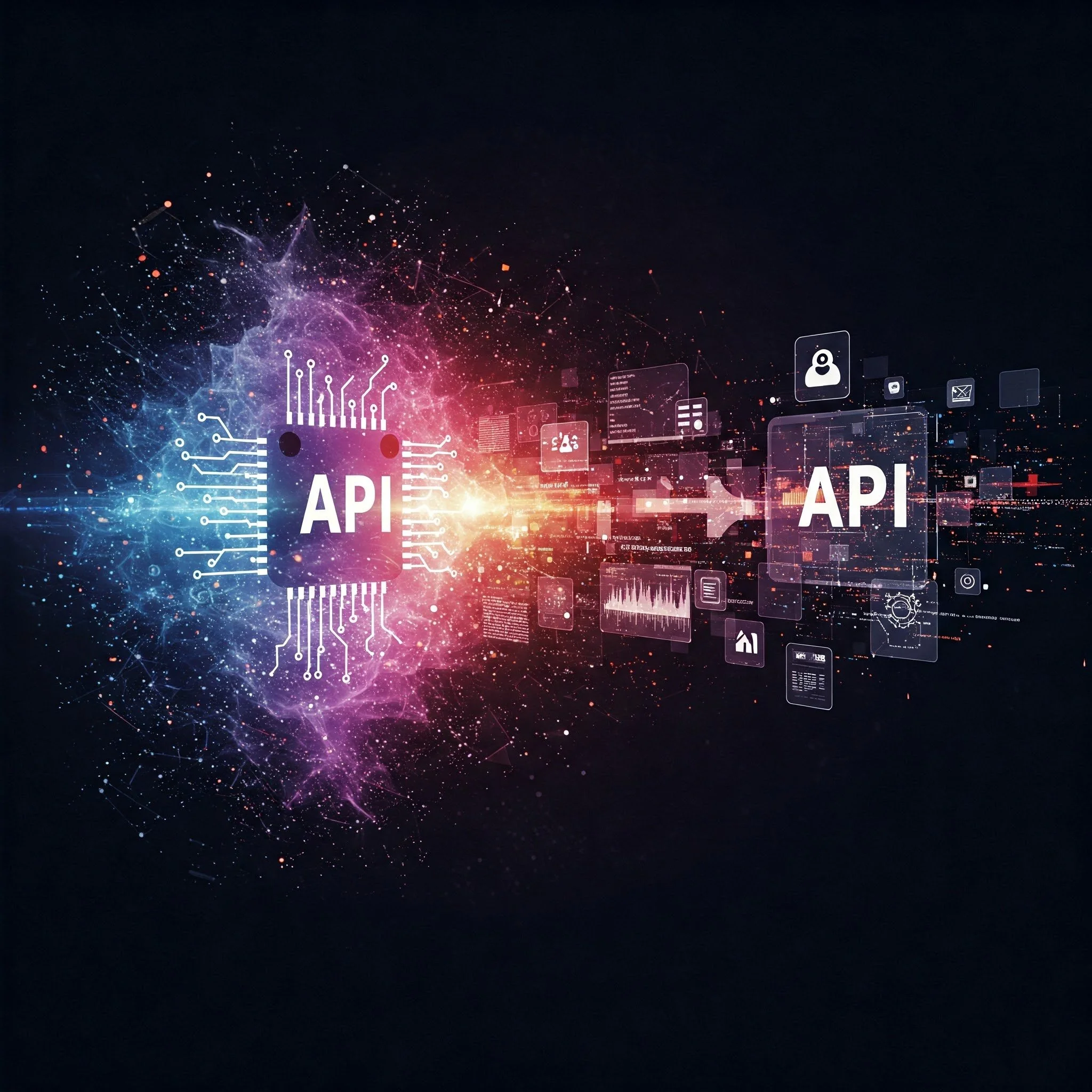Understanding APIs and Their Implementation for Your Business
Understanding APIs and Their Implementation for Your Business
In today’s digital ecosystem, APIs (Application Programming Interfaces) play a crucial role in connecting software systems, enabling seamless data exchange, and enhancing functionality. Whether you're a developer, entrepreneur, or tech enthusiast, understanding APIs can help streamline your business operations.
What is an API?
An API is a set of protocols and tools that allows different software applications to communicate with each other. It defines the methods and data formats that applications can use to request and exchange information.
Common Types of APIs
1. REST APIs – Lightweight, scalable, and widely used for web services.
2. SOAP APIs – Protocol-based, more structured, and secure.
3. GraphQL APIs – Flexible, allowing clients to request only the data they need.
4. Webhooks – Event-driven APIs that send real-time data.
Why APIs Matter for Your Business
- Automation– Reduce manual processes by integrating third-party services.
- Scalability– Easily add new features without rebuilding systems.
- Enhanced User Experience– Integrate payment gateways, social logins, or maps seamlessly.
Implementing APIs: A Quick Guide
1. Identify Your Needs – Determine what functionality you need (e.g., payments, analytics).
2. Choose the Right API– Evaluate documentation, pricing, and reliability.
3. Authenticate & Secure – Use API keys, OAuth, or tokens for secure access.
4. Test & Monitor– Ensure smooth integration with tools like Postman.
Popular API Use Cases
- Stripe/PayPal—for payments
- Google Maps—for location services
- Twilio—for SMS/notifications
- Open AI —for AI-powered chatbots
Final Thoughts
APIs empower businesses to innovate faster by leveraging existing technologies. Whether you're building a SaaS platform, e-commerce site, or mobile app, integrating the right APIs can save time and boost efficiency.
Need help with API integration? Let’s discuss how APIs can transform your business at [TheGeekTrepreneur.com](https://thegeektrepreneur.com)!
#APIs Tech Integration #BusinessAutomation #TheGeekTrepreneur
---
Would you like a more technical deep dive into a specific API? Let us know in the comments!
How A.I. is Transforming Business in 2025
How AI is Transforming Business in 2025
Artificial Intelligence (AI) is no longer a futuristic concept—it’s reshaping industries, optimizing operations, and redefining customer experiences in 2025. From hyper-personalized marketing to autonomous decision-making, businesses that leverage AI are gaining a competitive edge. Here’s how AI is changing the way we do business this year.
1. Hyper-Personalized Customer Experiences
AI-powered analytics and machine learning enable businesses to predict customer behavior with unprecedented accuracy. Chatbots and virtual assistants now handle complex queries in real-time, while recommendation engines tailor product suggestions based on deep learning insights. Companies like Amazon and Netflix have set the standard, but even small businesses are using AI-driven CRM tools to enhance engagement.
2. Automated Decision-Making & Predictive Analytics
Gone are the days of gut-feeling decisions. AI algorithms analyze vast datasets to forecast market trends, optimize pricing, and even predict supply chain disruptions. In 2025, executives rely on AI-driven dashboards that provide real-time insights, reducing risks and improving strategic planning.
3. AI-Powered Workforce Augmentation
AI isn’t replacing humans—it’s making them more efficient. Tools like:
AI coding assistants (e.g., GitHub Copilot X) speed up software development.
Automated HR platforms streamline recruitment by analyzing resumes and predicting candidate success.
Virtual meeting assistants summarize discussions and assign action items.
Employees now focus on creativity and strategy while AI handles repetitive tasks.
4. Smarter Supply Chains & Logistics
AI-driven logistics optimize routes, predict demand fluctuations, and automate warehouse operations. Companies like Walmart and Tesla use AI to minimize delays and reduce costs. Blockchain-integrated AI also enhances transparency in global trade.
5. Enhanced Cybersecurity with AI
Cyber threats are evolving, but AI is fighting back. Machine learning detects anomalies in real-time, preventing fraud and data breaches. AI-powered security systems adapt to new threats faster than traditional software, making businesses more resilient.
6. AI in Content Creation & Marketing
Generative AI tools like ChatGPT-5 and Midjourney 4 help businesses produce high-quality content at scale. Marketers use AI to:
- Write SEO-optimized blog posts.
- Generate personalized ad copies.
- Create lifelike video presentations.
This reduces production time while maintaining brand consistency.
7. The Rise of Autonomous Businesses
Some startups now operate with minimal human intervention, using AI to manage sales, customer service, and even product development. While full autonomy is still rare, AI-driven automation is making lean, highly efficient business models a reality.
The Future is Now
AI in 2025 isn’t just a tool—it’s a fundamental shift in how businesses operate. Companies that fail to adapt risk falling behind, while those embracing AI unlock new levels of efficiency, innovation, and customer satisfaction.
Are you leveraging AI in your business? Share your thoughts in the comments!
AI BusinessTransformation -Future Of Work -TechTrends 2025




